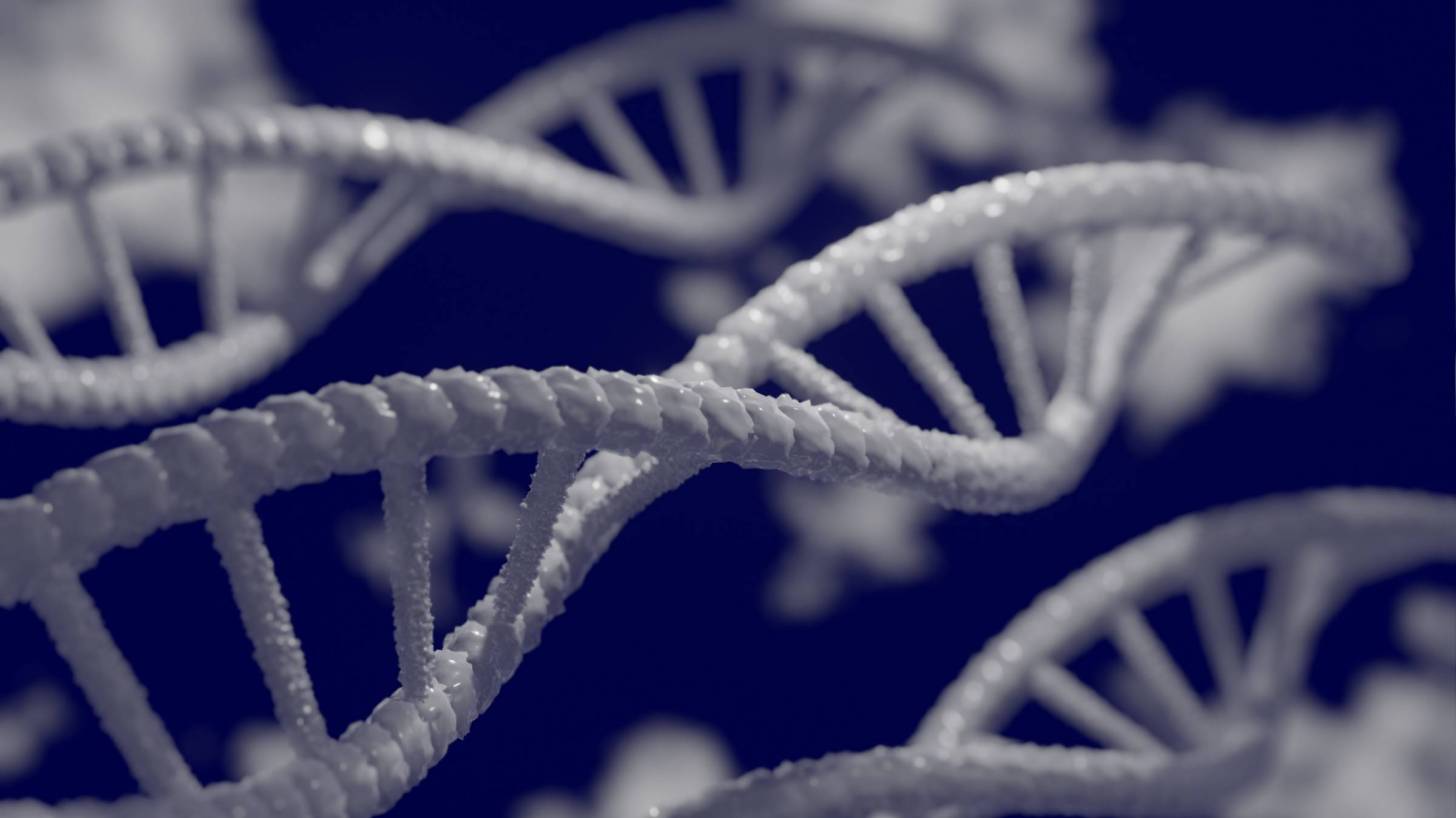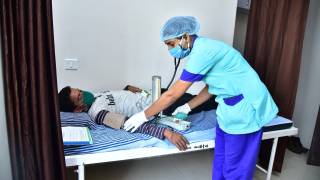Identified Gene May Double Severe COVID-19 Risk

Oxford University issued a media statement saying, ‘Scientists have identified the gene responsible for doubling the risk of respiratory failure from COVID-19.’
Genome-wide association studies identified the 3p21.31 region of the human DNA as conferring a two-fold increased risk of respiratory failure.
And about 60% of people with South Asian ancestry carry the high-risk genetic signal, compared to 15% of those with European ancestry.
The study published by the journal Nature Genetics on November 4, 2021, also found that just 2% of people with Afro-Caribbean ancestry carried the higher risk genotype.
Study co-lead Professor James Davies, who worked as an NHS Consultant in Intensive Care Medicine during the COVID-19 pandemic and is an Associate Professor of Genomics at Oxford University’s Radcliffe Department of Medicine, said in the press statement issued on November 5, 2021, ‘The higher risk DNA code is found more commonly in some black and minority ethnic communities but not in others.’
‘Socioeconomic factors are also likely to be important in explaining why some communities have been particularly badly affected by the COVID-19 pandemic.’
‘Although we cannot change our genetics, our results show that the people with the higher risk gene are likely to particularly benefit from vaccination.’
‘Since the genetic signal affects the lung rather than the immune system, it means that the vaccine could cancel out the increased risk.’
These Oxford researchers used a combined multiomics and machine learning approach to identify the gain-of-function risk A allele of an SNP, rs17713054G>A, as a probable causative variant.
With chromosome conformation capture and gene-expression analysis, they successfully showed that the rs17713054-affected enhancer upregulates the interacting gene, leucine zipper transcription factor-like 1 (LZTFL1).
Selective spatial transcriptomic analysis of lung biopsies from patients with COVID-19 showed the presence of signals associated with epithelial-mesenchymal transition (EMT), a viral response pathway that is regulated by LZTFL1.
The absence of a 3C interaction with COVID-19 severity-associated variants suggests that there may be an indirect effect for other genes, with the caveat that a direct effect may occur in an untested cell type.
The researchers conclude that ‘rather than immune cells, pulmonary epithelial cells undergoing EMT are likely responsible for the 3p21.31-associated risk. And that the higher-risk version of the gene probably prevents the cells lining the airways and the lungs from responding to the virus appropriately.’
But significantly, it doesn’t affect the immune system.
So the Oxford researchers ‘expect people carrying this version of the gene to respond normally to first-generation COVID-19 vaccines.’
Furthermore, ‘since the 3p21.31 effect is conferred by a gain-of-function, LZTFL1 may represent a new therapeutic target.’
PrecisionVaccinations publishes fact-checked research-based news.
Our Trust Standards: Medical Advisory Committee
























